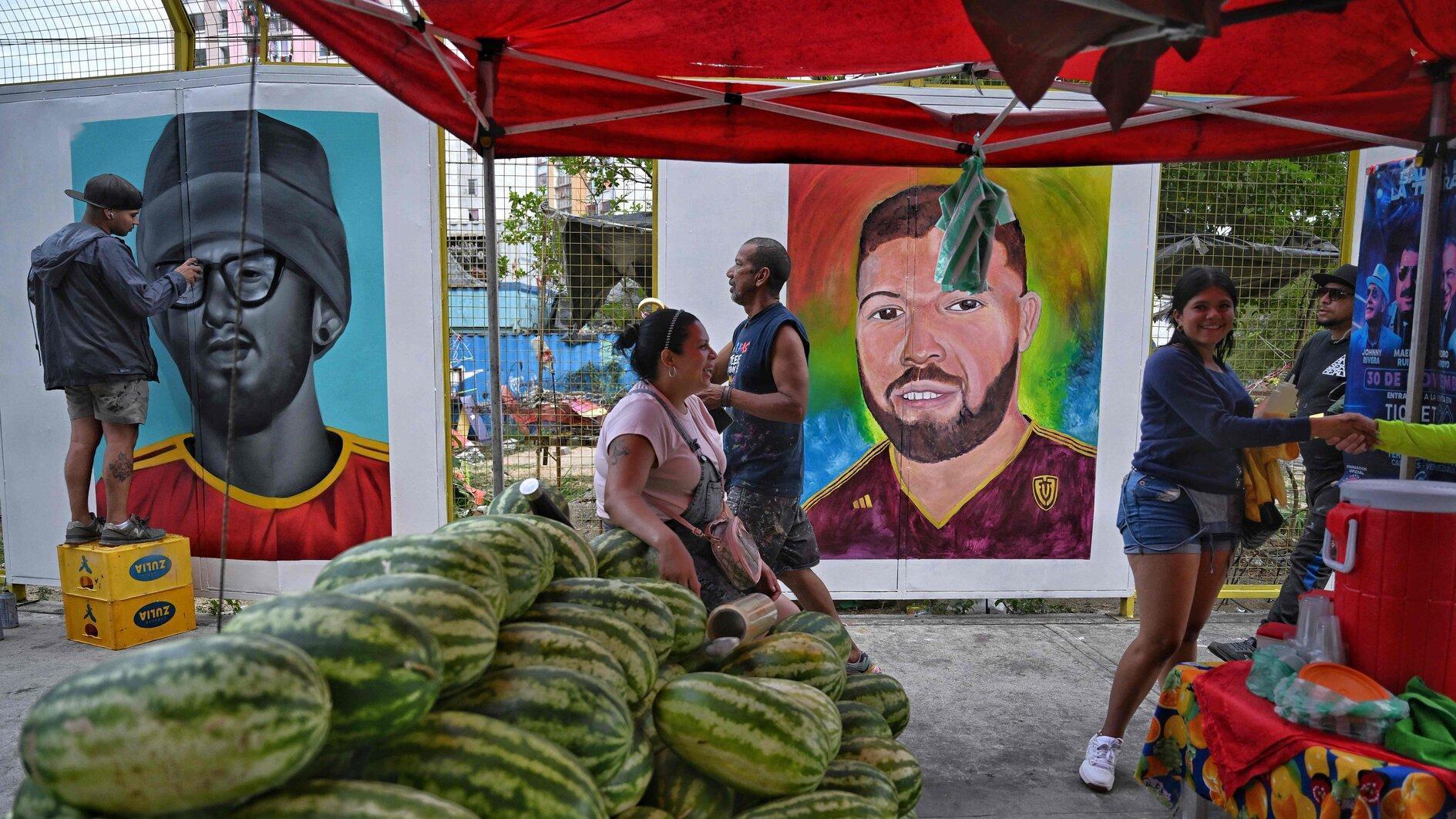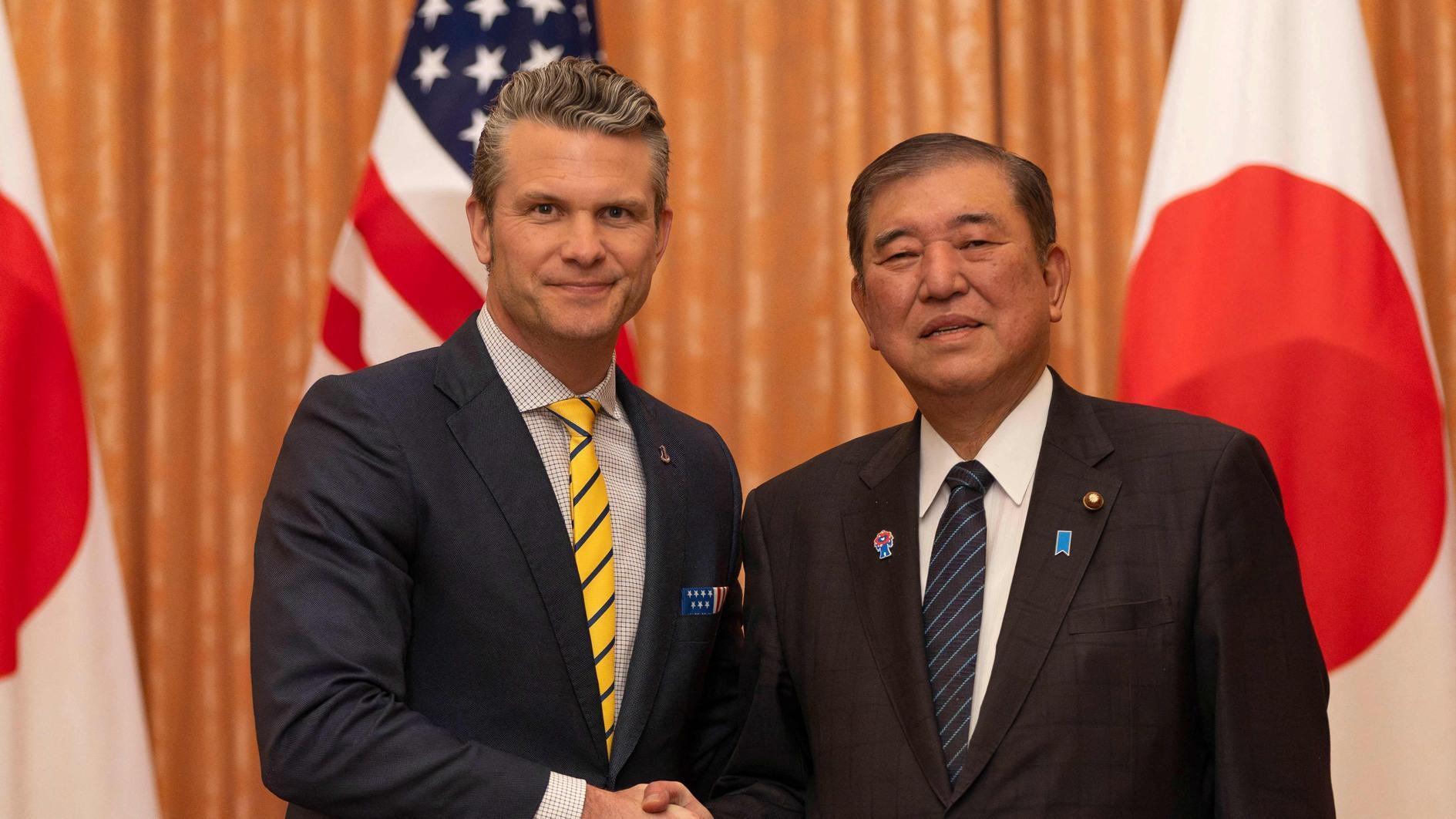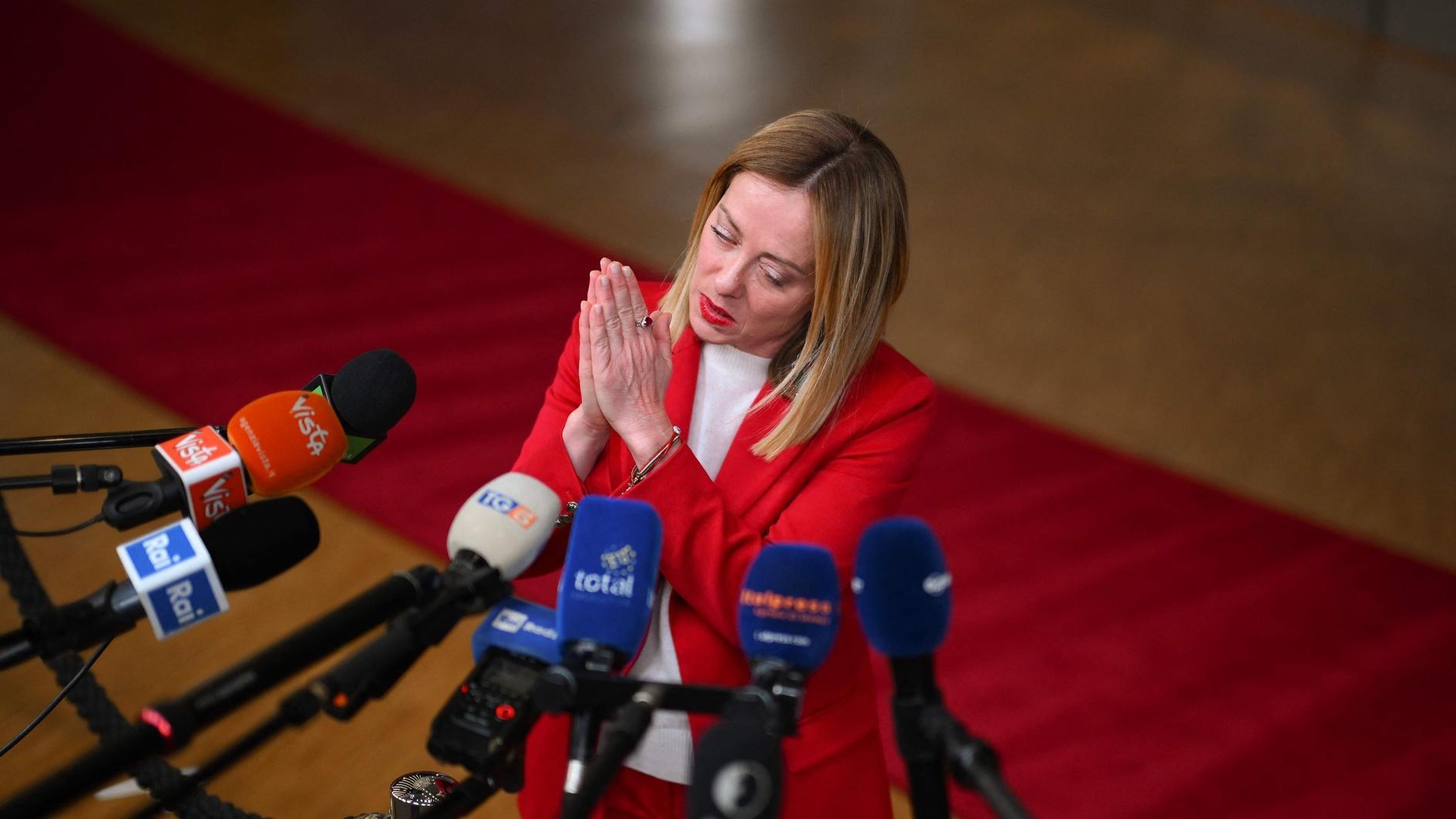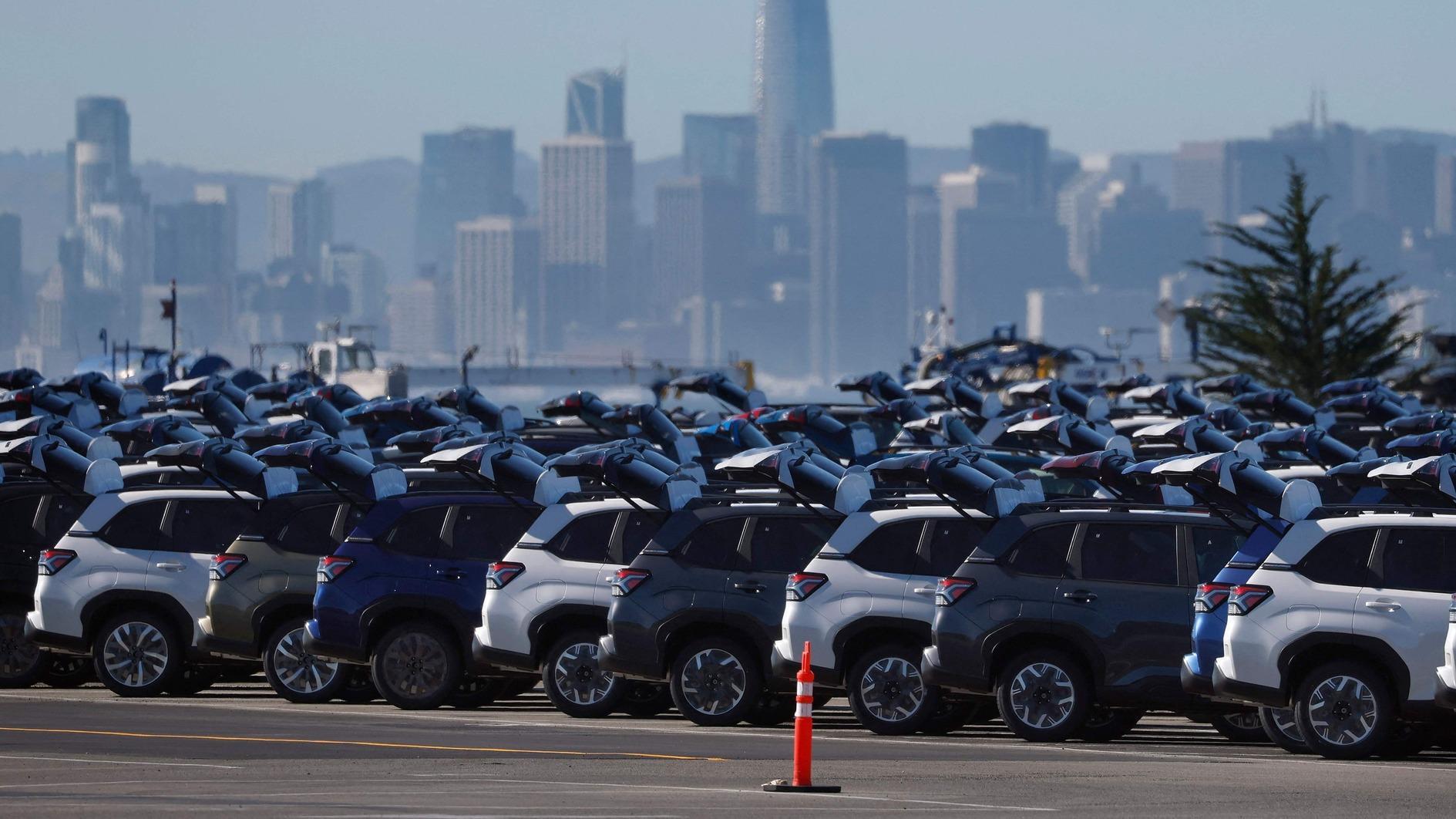What can Turkey do for the Crimean Tatars?
Slavic nationalism is an explosive brew, as we know from the former Yugoslavia. The situation in the Crimean peninsula is providing premonitions of a second Bosnia.
Whip-brandishing Cossacks, cousins of Serb ultranationalist Chetniks, are already providing hints of what they are capable of. Neither is it a surprise that Serb Chetniks have started arriving in Crimea, as a recent report in Hürriyet showed.
If the situation in the peninsula gets out of hand, Muslim Tatars, a Turkic nation, have no chance. They are in a worse situation than the Bosnian Muslims found themselves in during the Yugoslav war, which was bad enough. The Crimean crisis is already rife with World War II imagery. Like the Balkans and Caucasus, historic memories do not fade easily in this part of the world.
Those who are aware of history know what this will mean for the Tatars in the hands of the Russians. While the Tatars get on better with Ukrainians, especially now that they have a common cause, ties have hardly been good among them also. Reports indicating many Tatars are already packing up and leaving the region, therefore, come as no surprise.
Prime Minister Recep Tayyip Erdoğan has called President Vladimir Putin and expressed concern for the security of the Tatars. Meanwhile, Foreign Minister Ahmet Davutoğlu is signaling that Turkey will not abandon the Tatars. But what can Turkey do? Ankara has not even been able to come out with a strong condemnation of Russia’s role in this crisis. It is leaving that to its Western allies.
Davutoğlu’s remarks show he is trying to maintain a delicate balance between Russia and Ukraine. “We have maintained a principled stance on Ukraine from the start. Ukraine’s territorial integrity is paramount for us,” he said in Rome last week during a conference on Libya.
“Of course it is also important that a political structure emerge in Kyiv that represents all parties in Ukraine” Davutoğlu added. He also indicated the decision by the Russian majority in the Parliament of Crimea to merge with Russia “was premature and would not contribute to stability.”
Listening to these remarks is it unlikely that the Tatars will have been inspired with much confidence in Turkey’s ability to do much for them. Ankara is also very unlikely to go along with any biting sanctions the West might slap on Moscow.
Such a situation will, of course, complicate matters further for the Erdoğan government given Turkey is a NATO ally.
Russia is not just a major economic partner for Turkey, but also a neighboring superpower that Ankara cannot risk alienating for a host of objective reasons. We saw a similar situation with China in July 2009 when Beijing started a pogrom against the Turkic Uyghurs in the country’s autonomous Xinjiang region, accusing them of separatist terrorism, a charge that is also being bandied by Moscow today in relation to the Crimea Ukrainians and Tatars.
Erdoğan even said at the time that the situation in Xinjiang amounted to “genocide,” while there were calls from within his government to boycott Chinese goods. It did not take long for reality to dawn in Ankara and for the Erdoğan government to swallow its words and forget the Uyghurs.
Ankara could not even risk angering Beijing by inviting Rebiya Kadeer, the Uyghur businesswoman and principle activist for Uyghur independence, to Turkey even though she had become the darling of Turkish nationalists overnight.
Tatars fleeing Crimea are reportedly headed mostly for Western Ukraine, but it is not clear what the future holds for them there. The Tatar population of Crimea is almost a quarter of a million. Although it is not able to do much for Crimea, there is no doubt Ankara is preparing for a possible flood of refugees.
This is just about the only concrete thing Turkey can do for the Tatars at the moment.











